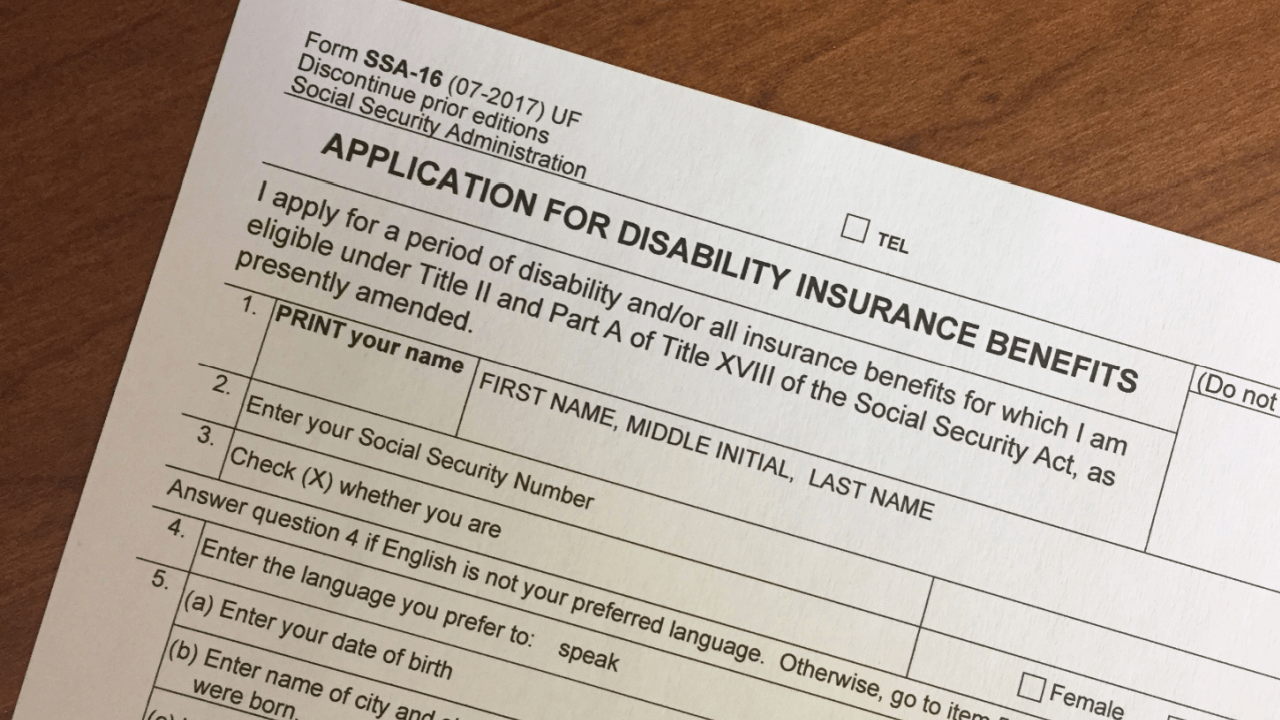
What Illness Automatically Qualifies for Disability? A Guide to Fast-Track Conditions
What Illness May Qualify for Disability? Understanding SSA’s Blue Book
If you are thinking about applying for Social Security Disability Insurance (SSDI), you might wonder: what illness automatically qualifies for disability? The Social Security Administration (SSA) uses a resource called the Blue Book to define certain conditions that, when supported by strong medical evidence, may result in faster review or processing.
The Blue Book lists impairments considered severe enough to prevent a person from working. If your illness matches the criteria exactly, and you provide the proper medical documentation, your case may qualify for a streamlined approval process. However, meeting a listing does not guarantee instant approval—you must still prove the severity of your condition and follow SSA procedures carefully.
In this article, we’ll break down the types of illnesses that are often considered for faster review and how to strengthen your SSDI claim even if your condition is listed.
Top Conditions That Often Qualify for Fast Disability Approval
While the SSA’s Blue Book covers a wide range of impairments, here are some examples of illnesses that often qualify for disability benefits when properly documented:
Cancer
Certain aggressive cancers, such as pancreatic cancer, glioblastoma, liver cancer, and esophageal cancer, are often considered for expedited review when properly documented especially if they are inoperable, recurrent, or have metastasized.
Neurological Disorders
Severe neurological illnesses like ALS (Lou Gehrig’s disease), Parkinson’s disease, and multiple sclerosis can meet automatic approval criteria, depending on their progression and impact on daily activities.
Mental Health Conditions
Some severe mental disorders, such as schizophrenia, bipolar disorder, and autism spectrum disorders, qualify when properly documented through psychiatric evaluations and treatment histories.
Musculoskeletal Disorders
Major impairments of the spine, hips, knees, or other joints that significantly limit mobility, especially after surgical interventions like spinal fusions, may qualify under the musculoskeletal listings.
Immune System Disorders
Diseases like systemic lupus erythematosus, HIV/AIDS, and rheumatoid arthritis can qualify, particularly when they cause severe complications or limit a person’s ability to function.
Cardiovascular Conditions
Chronic heart failure, ischemic heart disease, and other serious heart conditions are often covered, especially if they severely restrict physical activity.
Chronic Respiratory Disorders
Chronic obstructive pulmonary disease (COPD), cystic fibrosis, and pulmonary hypertension are among respiratory illnesses listed that can qualify for benefits when breathing capacity is severely diminished.
How to Strengthen Your SSDI Claim Even If You Have a Listed Condition
Even if you have an illness that appears in the Blue Book, the SSA will not simply take your word for it. You must prove through documentation that your condition meets the exact medical criteria.
Here’s how to strengthen your case:
Submit Complete Medical Records
Include doctor’s notes, imaging tests (like MRIs or CT scans), lab results, hospitalization records, and detailed treatment histories.
Obtain Specialist Statements
Specialists (e.g., oncologists, cardiologists, psychiatrists) carry more weight than general practitioners. Their evaluations can confirm diagnosis severity and its impact on your ability to work.
Complete Residual Functional Capacity (RFC) Assessments
An RFC assessment shows what you can and cannot do physically and mentally due to your condition. It’s a key tool when applying for benefits.
Stay Consistent With Treatment
Following all prescribed treatments, medications, and therapies shows the SSA that your disability persists despite medical efforts.
Work With a Disability Lawyer
A qualified disability lawyer can help match your medical evidence to the Blue Book’s criteria and ensure your initial application is as strong as possible, reducing the chances of denial or delays during the appeal process.
What Illness Automatically Qualifies for Disability? Final Thoughts
While having a listed illness helps answer what illness automatically qualifies for disability, it’s important to remember that documentation, compliance with treatment, and legal presentation still matter.
Simply having a diagnosis is not enough—you must demonstrate how your condition meets SSA standards.
Understanding SSA’s expectations and preparing a thorough application may help reduce delays in the SSDI review process.
Get Legal Help to Strengthen Your Disability Claim Today
The SSDI application process can be overwhelming, especially when dealing with the SSA’s complex rules. Legal Brand Marketing connects individuals with experienced disability lawyers who know how to build a strong case and match medical evidence to SSA’s listings.
Our network of legal professionals ensures you have the support you need from the start of your application to approval, maximizing your chances of securing the benefits you deserve.
Contact Legal Brand Marketing today to connect with a qualified Social Security Disability lawyer who can strengthen your claim and assist you through the application process.
Frequently Asked Questions (FAQs)
1. Does a diagnosis guarantee SSDI approval?
No. You must prove the severity of your condition with strong medical evidence and demonstrate that it meets SSA criteria.
2. What if my illness is not listed in the Blue Book?
You can still qualify if you show that your condition is as severe as a listed impairment, with the right medical support.
3. Can mental health conditions qualify automatically?
Yes. Severe mental health conditions like schizophrenia, bipolar disorder, and autism spectrum disorder can meet SSA listings.
4. What documentation do I need for automatic qualification?
Detailed medical records, specialist statements, imaging tests, lab results, and consistent treatment histories are crucial.
5. Can a lawyer speed up my SSDI approval if my illness is listed?
Yes. A disability lawyer ensures your application matches SSA requirements, strengthening your claim and helping avoid delays.
Key Takeaways
- SSA’s Blue Book lists conditions that can qualify for fast-track SSDI approval.
- Cancer, neurological, respiratory, cardiovascular, and immune disorders are common qualifying illnesses.
- Strong medical evidence is essential, even for listed conditions.
- Legal support improves your application’s strength and approval chances.
- Legal Brand Marketing connects you with experienced disability lawyers to guide your claim.


